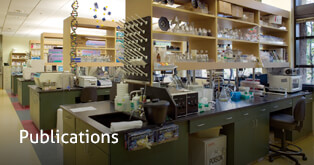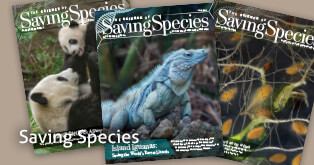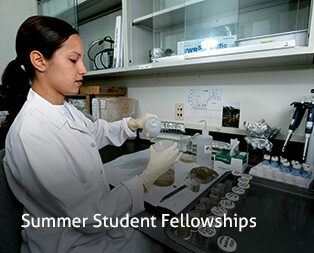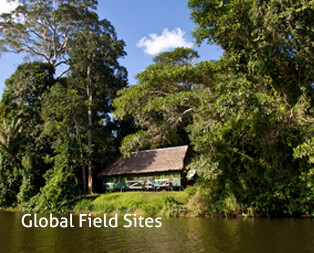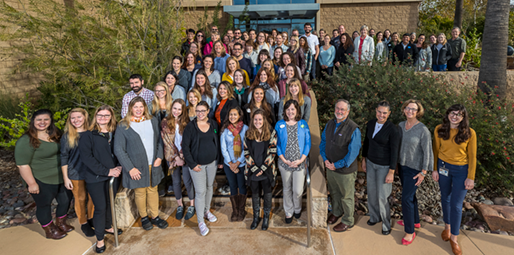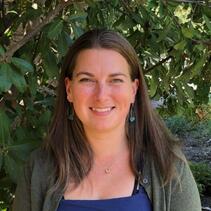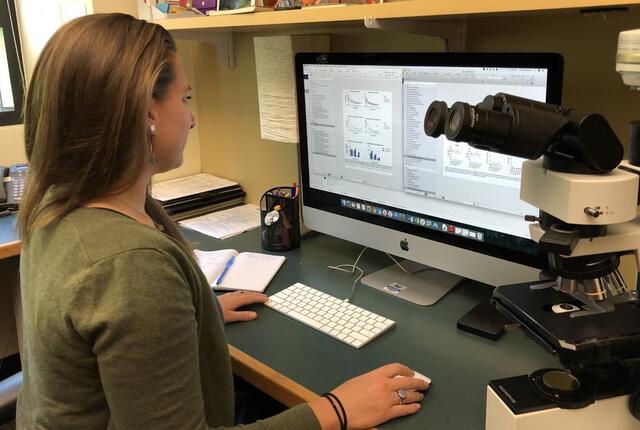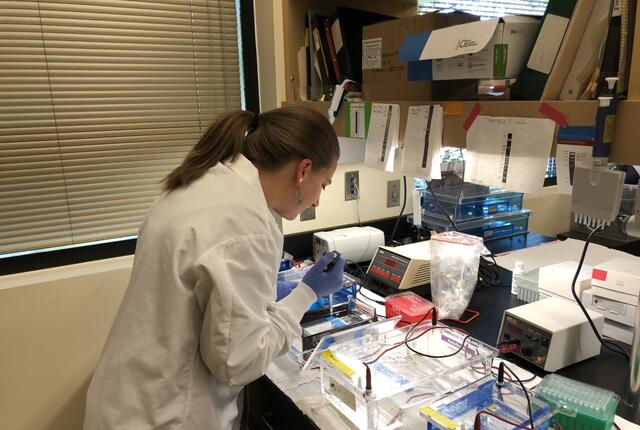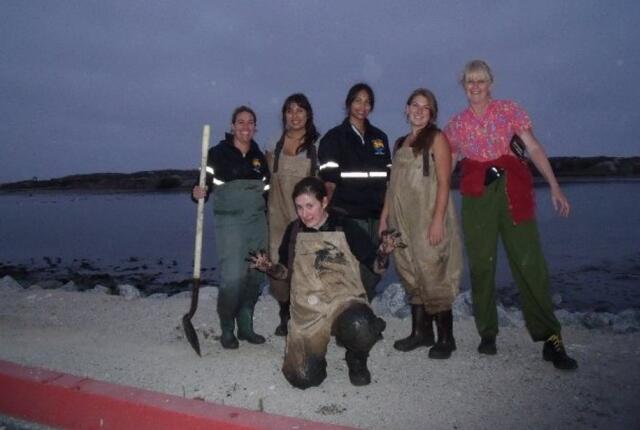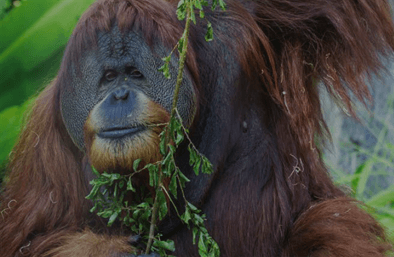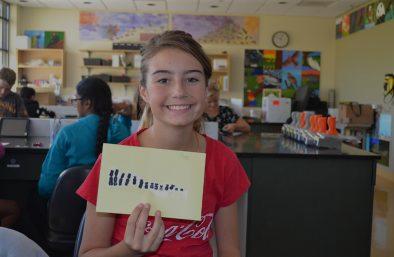Caroline Moore, Ph.D., D.V.M.
Dr. Caroline Moore serves San Diego Zoo Wildlife Alliance as Scientist in Disease Investigations. In this role, she works as a veterinary toxicology researcher providing molecular and diagnostic toxicology support. She uses toxicology, pathology, molecular diagnostics, and epidemiology to better understand how environmental contaminates such as heavy metals, pesticides, and harmful algal blooms, create roadblocks to wildlife conservation, and how to prevent them.
Caroline is working on developing and applying environmental and diagnostic toxicology in Kenya, where pesticides are used indiscriminately; in Peru, where mining activities release mercury into the environment, impacting birds, bats, non-human primates, ocelots, and more; and in Zimbabwe, where harmful algal blooms may be an increasing threat. Caroline is especially interested in developing non-invasive in situ diagnostic tests to better understand the challenges to endangered species, and how toxicant exposures may impact future generations through altered epigenetics.
Caroline earned her bachelor’s degree in Biochemistry and Molecular Biology from the University of California, Santa Cruz, assisting with necropsies and research on the decline of the southern sea otter. She earned her doctorate in Pharmacology and Toxicology and her veterinary medical degree at the University of California, Davis while on an Environmental Protection Agency STAR grant investigating how globally present microcystins have toxic effects on the nervous system. She spent the following year as a National Institute of Environmental Health postdoctoral fellow at the University of California, Los Angeles researching how environmental contaminates may cause reproductive toxicity through epigenetics, and the next two years as the SDZWA Steel Endowed Pathology Fellow, establishing successful ways to incorporate more toxicology into conservation field programs. Caroline is an active member of the Society of Toxicology, American College of Toxicology, and the Society of Environmental Toxicology and Chemistry, serving on committees and boards for comparative veterinary toxicology, early career professionals, diversity and inclusion, and regional support for Southern California. As an avid hiker, camper, and wildlife enthusiast, Caroline has always felt the need to support conservation efforts through her research.

